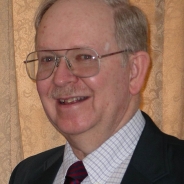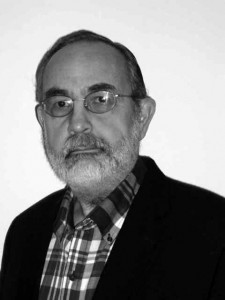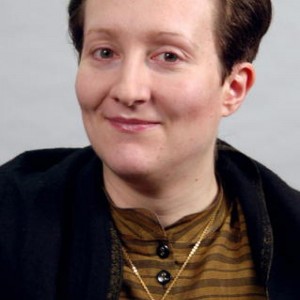 Carl Raschke is Professor of Religious Studies at the University of Denver. We invited him to answer the question “What does philosophy of religion offer to the modern university?” as part of our “Philosophers of Religion on Philosophy of Religion” series.
Carl Raschke is Professor of Religious Studies at the University of Denver. We invited him to answer the question “What does philosophy of religion offer to the modern university?” as part of our “Philosophers of Religion on Philosophy of Religion” series.
The philosophy of religion is more important than ever to the curriculum of the modern university and offers something that is increasingly in short supply among academics – a broad, probing, and critical perspective on the more encompassing issue of the nature of religion as a whole.
The urgency of boosting both the contributions and the prestige of the philosophy of religion in the university is driven by two key developments in recent decades: 1) the proliferating public perception that only scientific investigations can ascertain what is real or valuable in human affairs; 2) the companion belief that all religious views, values, or perspectives are somehow equivalent to each other.
Historically, religion and science have never been so neatly separated from each other as the public is wont to assume. Einstein frequently made references to God in his public accounts of relativity theory. And various studies by the Pew Foundation have found a more complex, nuanced, and even conflicted relationship between the epistemological commitment of professional scientists and their personal religious orientation. Philosophy of religion with its multi-century legacy of sorting out theological from scientific claims can play a much more robust role in these discussions than it has done to date.
More overarching “theological” questions – i.e., questions about the relationship between the infinite and the finite or, as Paul Tillich famously put it, between the “conditioned” and the “unconditioned” – have historically been intertwined with scientific inquiry, and one cannot leave these sorts of “meta”-questions to science alone.
Science itself is reaching its own internal limits, according to recent conversations going on among top theoretical physicists. “The next few years may tell us whether we’ll be able to continue to increase our understanding of nature or whether maybe, for the first time in the history of science, we could be facing questions that we cannot answer,” Harry Cliff, a particle physicist at the European Organization for Nuclear Research, stated at a public talk in Geneva, Switzerland.
Given that what is now considered theology today tends to be largely tradition-centered and confessional, while the philosophy of science has scrupulously avoided religious questions, it remains for the philosophy of religion to pick up the slack.
Second, the age of radical pluralism and spiritual consumerism, in tandem with the co-optation by certain political movements of traditional religious symbols and ideas has led to a certain popular inattention, if not ignorance, what it means to be “religious” in a deeper sense than what one merely professes. The broad, sprawling, multi-disciplinary zone of inquiry we now know as religious studies has sensitized us to the seemingly infinite array of “ways of being religious.” Yet it has also had the opposite, and often detrimental, effect of leaving us both reluctant and lazy about making necessary, normative judgments about the complex, and qualitative differences between these different representations of religion.
Only the philosophy of religion with its broader, “dialectical” sweep of the issues themselves can prevent this paralysis of judgment, or what in the past I have termed the “default of critical intelligence,” when it comes to the question of religion. For example, the persistent and intense controversy over whether certain kinds of religious beliefs can be integrally associated with acts of terrorism, or whether those beliefs are both inconsequential and episodic, cannot simply be resolved by arriving at some consensus on who truly is a Muslim, Christian, Jew, etc. Philosophy of religion can assist us in figuring out whether the last question is even meaningful at all, or it can bring to bear certain criteria for settling the matter in the first place.
Our democratic deference toward maximizing the amount of religious diversity in the public sphere has to be tempered with a serious intellectual inquiry into the criteria and procedures for adjudicating various religious claims, which sometimes border on sheer pretentions. We cannot rely merely on descriptivist methods as well as the variety of not-so-thinly-disguised religious apologetics that counts today for the academic study of religion.
I myself have argued, especially in last two published books (Postmodernism and the Revolution in Religious Theory, University of Virginia Press, 2012; Force of God, Columbia University Press, 2015), that the study of religion, if it is truly to find a distinguished place within the modern, secular university, needs a strong and salutary infusion of theory. But the framework for the theory of religion has always been the philosophy of religion. And our understanding of religion in a world where religion is in the headlines almost daily becomes profoundly impoverished without the voice of the latter.



